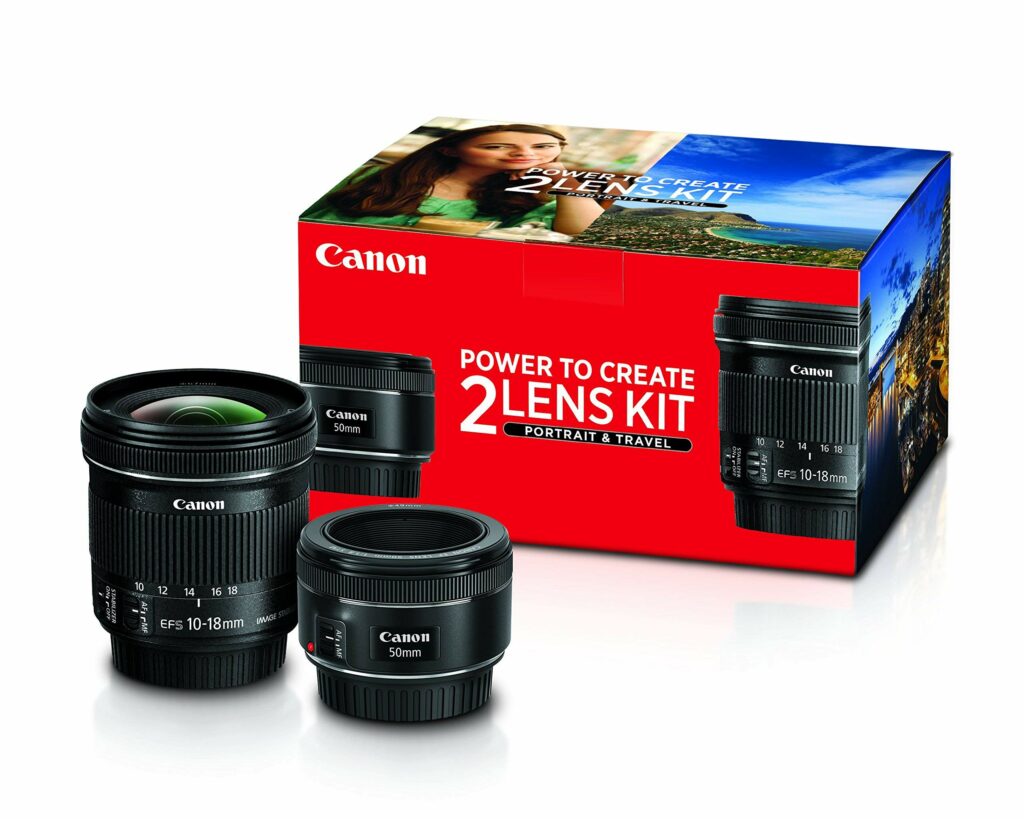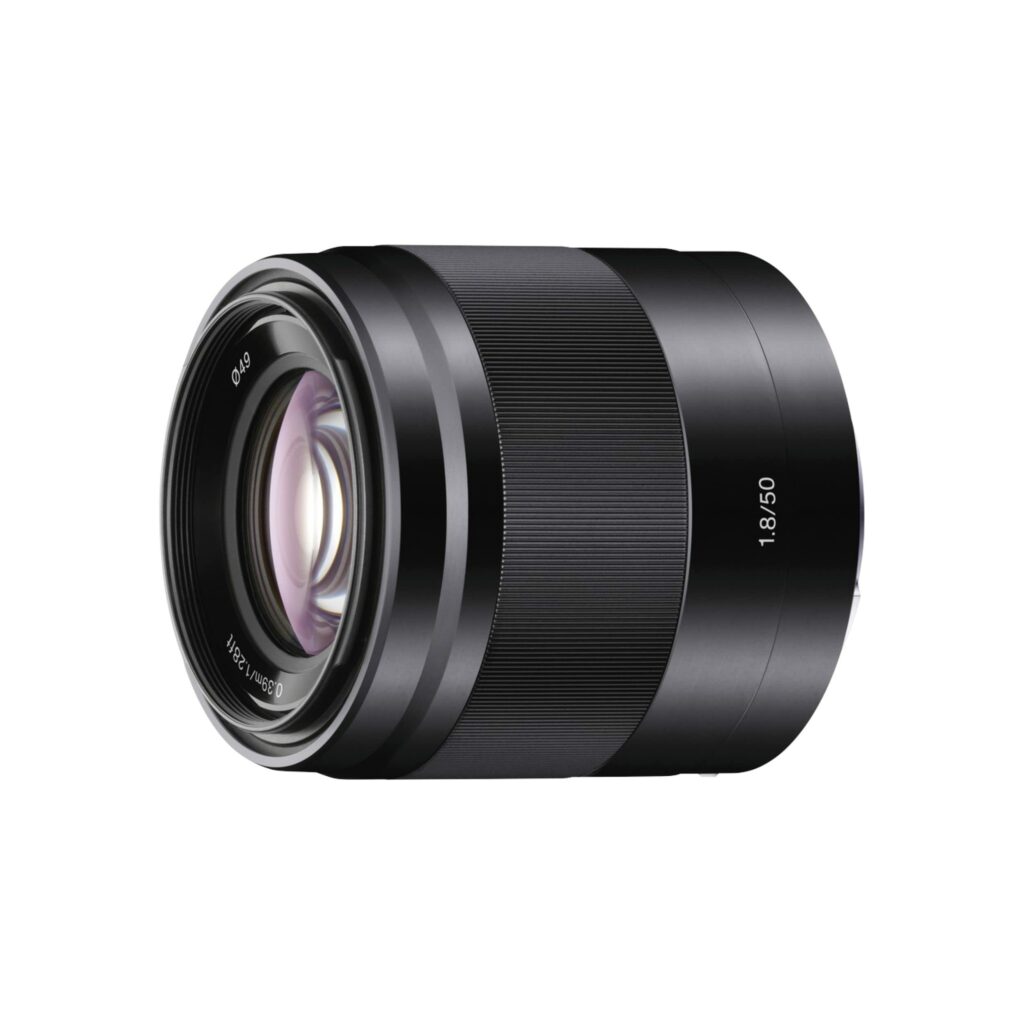Among the variety of lenses available, prime lenses often take center stage in portrait photography, thanks to their wide apertures and sharp image results. Furthermore, these lenses can isolate the subject from the background, producing that much sought-after smooth and creamy bokeh effect. Besides prime lenses, zoom lenses are also a viable option for versatility, allowing photographers to experiment with different focal lengths without changing lenses.
When purchasing a portrait lens, it is essential to consider aspects like focal length, aperture, compatibility with your camera system, and your style of photography. Portrait lenses typically range from 50mm to 135mm, but the most commonly used lenses fall between 85mm and 105mm, as they offer a flattering perspective ideal for capturing facial features accurately. Aperture also plays a crucial role, with wider apertures, such as f/1.4 or f/1.8, allowing for better low-light performance and increased background blur.
Considering all these factors, we have spent countless hours researching and testing a wide variety of lenses to compile a comprehensive guide to the best portrait lenses currently available on the market. Our goal is to help you make an informed decision and capture stunning portraits that you can proudly showcase.
Best Lenses for Portraits
In our selection, we’ve gathered the top lenses for capturing stunning portraits, ensuring crisp images and incredible depth of field.
Canon Portrait and Travel Two Lens Kit

This lens kit is a fantastic addition for your portrait and travel photography needs, offering versatility in focal lengths and excellent performance in low-light conditions.
Pros
- Lightweight and compact
- Impressive low-light performance
- Smooth and quiet autofocus
Cons
- Not an L series lens (professional grade)
- Limited aperture range on the 10-18mm lens
- Refurbished, not brand new
We recently tested out the Canon Portrait and Travel Two Lens Kit and were enamored with its performance. This kit includes the EF 50mm f/1.8 STM and EF-S10-18mm F4.5-5.6 IS STM lenses, providing you with a fantastic range for capturing stunning portraits and expansive landscapes during your travels.
The EF 50mm f/1.8 STM lens is a brilliant choice for photographers seeking a compact, lightweight, and affordable lens. The large f/1.8 aperture excels in low-light situations, while delivering beautifully blurred backgrounds to make your subject stand out.
Moving on to the EF-S10-18mm F4.5-5.6 IS STM lens, its ultra-wide-angle views are perfect for capturing everything from towering skyscrapers to breathtaking mountain ranges. The image stabilization (IS) technology in this lens ensures sharp images, even when shooting handheld.
Both lenses in this kit feature Canon’s stepping motor (STM) technology, offering smooth and quiet continuous autofocus during video recording and photo shooting. While these lenses may not be part of Canon’s professional-series L line, they still deliver impressive results at a fraction of the cost.
In conclusion, we highly recommend the Canon Portrait and Travel Two Lens Kit for photographers looking to expand their range in portrait and travel photography. This refurbished kit provides excellent value without sacrificing performance.
NIKON NIKKOR Z 85mm f/1.8 S Portrait Lens

The NIKON NIKKOR Z 85mm f/1.8 S is a remarkable lens for portraits, providing stunning image quality, focus, and bokeh.
Pros
- Razor-sharp image quality
- Smooth, beautiful bokeh
- Fast and accurate focusing
Cons
- Slightly heavy for handheld use
- May not be suitable for tight spaces due to focal length
- Relatively premium price
Having recently used the NIKON NIKKOR Z 85mm f/1.8 S for a portrait project, we were thrilled by its performance. The lens provided us with outstanding resolution, flattering perspective, and a mesmerizing bokeh that made our subjects stand out. The lens features 2 ED glass elements and a Nano Crystal coating, which helped to reproduce lifelike accuracy and true-to-life colors.
We appreciated the customizable control ring and the extensive sealing of the lens, making it resistant to dust and moisture. This came in handy during a wedding shoot where we needed to quickly adapt to changing conditions. When using the lens on our Nikon Z mirrorless camera, the Z mount truly demonstrated its revolutionary advancements.
Of course, no lens is perfect, and there were a few minor drawbacks to the NIKKOR Z 85mm f/1.8 S. While it isn’t excessively heavy, it might be slightly cumbersome for extended handheld use. Additionally, the 85mm focal length might not be suitable for tight spaces or small studios, so it’s worth keeping that in mind when planning your shoots. Finally, the lens is indeed a premium product, which means the price might be a bit steep for some photographers.
In summary, the NIKON NIKKOR Z 85mm f/1.8 S is an exceptional lens for portrait photography and other situations that emphasize the human form. Its superior image quality, focus, and bokeh truly set it apart, making it a worthy investment for anyone looking to capture stunning portraits.
Sony E 50mm F1.8 OSS Portrait Lens

We recommend this lens for those seeking great value and performance in a portrait lens for their Sony E-mount cameras.
Pros
- Excellent image quality with sharp results
- Built-in Optical SteadyShot image stabilization
- Compact and lightweight design
Cons
- Limited zoom capability
- Slightly noisy autofocus for video
- A bit expensive compared to competitors
We recently tried the Sony E 50mm F1.8 OSS Portrait Lens on a Sony A6000, and were instantly impressed by the image quality. The sharpness and color rendition make it a perfect choice for portrait photography. Its compact design and lightweight construction make it easy to carry around on any shooting occasion, and the built-in image stabilization helps counter camera shake.
The large F1.8 aperture allows for beautiful background bokeh that enhances your portraits. However, we found that the autofocus can be slightly noisy during video recording. It’s not a deal-breaker, but if you shoot a lot of videos, you might want to consider that aspect.
While the lens is a bit more expensive compared to other portrait lenses from third-party manufacturers, its overall performance and build quality make it worth the investment. The solid aluminum alloy construction gives it an elegant and durable feel that will last.
Overall, the Sony E 50mm F1.8 OSS Portrait Lens offers a great combination of features, performance, and design that will greatly enhance your portrait photography. Despite a few cons, we believe it is a solid choice for anyone seeking a quality portrait lens for their Sony E-mount camera.
Buying Guide
When choosing the best lens for portrait photography, there are various factors to consider. In this buying guide, we will help you in selecting a lens that suits your needs and preferences.
One of the essential aspects to consider is the focal length. A prime lens in the range of 85mm to 135mm is preferable for portrait photography, as it can produce a more natural and flattering perspective for your subject.
Aperture is another critical feature to look at. A lens with a wide maximum aperture (f/1.8, f/1.4, or even f/1.2) will allow you to create beautiful background blur (bokeh) while keeping the subject in sharp focus. This can help separate your subject from the background and make your portraits stand out.
Build Quality and Image Stabilization
Build quality is essential as it provides durability and longevity to your lens. A well-built lens will withstand the rigors of daily use and provide consistently sharp and beautiful images. Additionally, a lens with image stabilization can be particularly useful when shooting in low light conditions or when taking handheld portraits.
Autofocus and Manual Focus
When taking portraits, the ability to quickly and accurately focus on your subject is vital. A lens with a fast, silent, and precise autofocus system will help you capture those fleeting moments with ease.
On the other hand, having the option to switch to manual focus can be beneficial, especially when working in a more controlled studio environment. This allows you to fine-tune your focus and achieve optimal results.
| Features to consider | Why it’s essential |
|---|---|
| Focal length | Affects perspective |
| Aperture | Background blur & low light |
| Build quality | Durability & longevity |
| Image stabilization | Handheld & low light shots |
| Autofocus & manual focus | Speed & accuracy |
By considering these important factors, we are confident that you’ll be able to find the perfect lens for capturing stunning portraits. Remember to always test out a lens before committing to a purchase to ensure it fits your particular needs and preferences.
Frequently Asked Questions
Prime or zoom lens?
When it comes to portrait photography, we generally recommend prime lenses over zoom lenses. Prime lenses usually have better image quality, a wider maximum aperture, and a more compact design than zoom lenses. However, zoom lenses can provide more flexibility in framing your shots. It’s important to consider your specific needs and preferences when choosing between a prime or zoom lens.
50mm or 85mm for portraits?
Both 50mm and 85mm lenses are popular choices for portrait photography. A 50mm lens, often called a “nifty fifty,” is a versatile option with a natural field of view and is suitable for various types of portraits. An 85mm lens, on the other hand, is more specialized and provides greater subject separation and a more flattering perspective for close-up portraits. Your choice between these two focal lengths should depend on your personal style and the types of portraits you want to capture.
Ideal focal length?
The ideal focal length for portrait photography can vary depending on factors like your subject, the environment, and your artistic vision. Generally, focal lengths between 50mm and 135mm are considered suitable for portraits, as they help minimize distortion and produce natural-looking images. Experimenting with various focal lengths will help you discover what works best for your particular needs and style.
Best lens for mobile?
Mobile photography is increasingly popular, and there are some excellent lens attachments available for smartphones. When selecting a lens for mobile portraiture, look for lenses that offer optical quality, ease of use, and compatibility with your smartphone. Brands like Moment, SANDMARC, and Sirui offer portrait lenses specifically designed for mobile photography.
Suitable for indoors?
The suitability of a lens for indoor portraits largely depends on its maximum aperture. A lens with a wide aperture (lower f-number) will allow more light to enter the camera, enabling you to capture well-exposed images in low-light situations, such as indoors. Lenses with focal lengths between 35mm and 85mm tend to work well for indoor portraits, as their field of view is suitable for most room sizes.
Good for family portraits?
For family portraits, versatility is crucial. We recommend zoom lenses with focal lengths ranging from wide-angle to short telephoto, such as a 24-70mm or 24-105mm lens. These lenses will allow you to capture both group shots and individual portraits with ease. Additionally, having a lens with a wide aperture can help you achieve a shallow depth of field, separating your subjects from the background and helping your family members stand out in the image.
